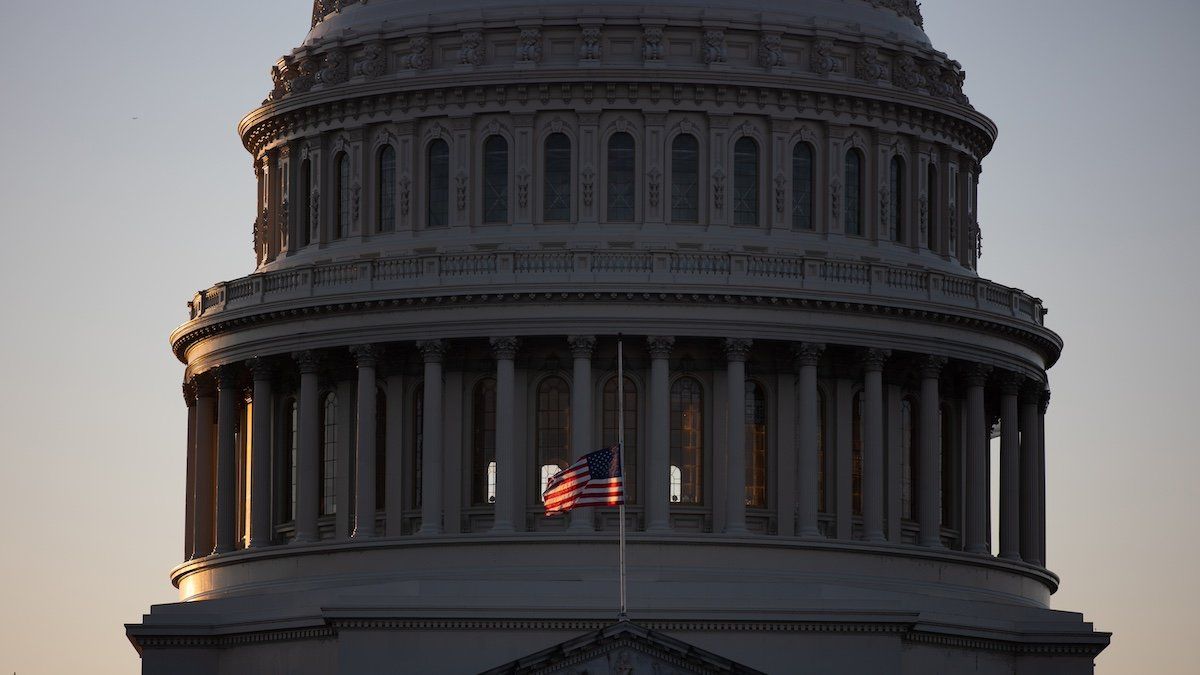US Capitol, January 2021.
Aurora Samperio via Reuters Connect
Last June, the House of Representatives banned staff use of ChatGPT — the free version at least. Now, it’s telling staffers that use of Microsoft’s Copilot, a tool built on the same large language model as ChatGPT, is also prohibited.
“The Microsoft Copilot application has been deemed by the Office of Cybersecurity to be a risk to users due to the threat of leaking House data to non-House approved cloud services,” House Chief Administrative Officer Catherine Szpindorwrote in a guidance distributed to congressional offices. In response, Microsoft said it’s working on a government-specific version of the product with greater data security set to release later this year.
The Departments of Energy, Veterans Affairs, and Agriculture have also taken steps to ban generative AI tools in recent months. So has the Social Security Administration. Governments need to be able to make sure that allowing such systems into their workplaces, interacting with sensitive or even classified data, won’t lead to that information leaking to a broader commercial or consumer user base.